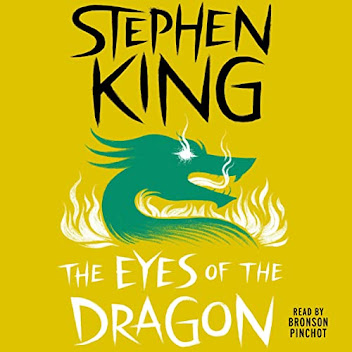Justinian's Flea: Plague, Empire and the Birth of Europe by William Rosen
This Could Have Been So Much More.
The title of Justinian's Flea: Plague, Empire and the Birth of Europe promises so much - the last great Roman Emperor (or first Byzantine Emperor, if you prefer), the Bubonic Plague, how the plague helped create the series of nation-states that have made up Europe for centuries. Throw in the Silk Road and how Europe was able to get its own silk worms, Justinian's multi-faceted wife Theodora, Belisarius and a discussion of how the Bubonic plague may have paved the way for Islam by weakening a resurgent Roman Empire under Justinian and you should have an amazing book - one that fills a void in most history books - the void left where "ancient" history ends and medieval/Dark Ages history begins.
But, this book will not fill that void except for the most dauntless of readers. Justinian is not dealt with in any organized fashion after the first few chapters - he becomes an office rather than a person. Belisarius is described in one campaign after another but you never get a feel for him. The wordy writing style gets in the way of any chance to have the story told. All historians need to remember that they are telling a story - telling it in one's best dissertation-speak does not necessarily tell it well and certainly makes it less interesting for most readers.
 |
| Justinian (c. 482-565) |
Ironically, when the discussion turns to the effects of the plague, such as how it affected the burgeoning Roman re-birth under Justinian and may have enabled Islam to get a secure foothold in Byzantine territory a few years later, Rosen verbose writing style dries up, as if there were a limit to the number of pages he could write.
So, like I said in the title, this could have really been so much more.
I rate this book 2 stars out of 5.
This book can be found on Amazon here: Justinian's Flea: Plague, Empire, and the Birth of Europe
Reviewed on March 15, 2011.











Comments
Post a Comment